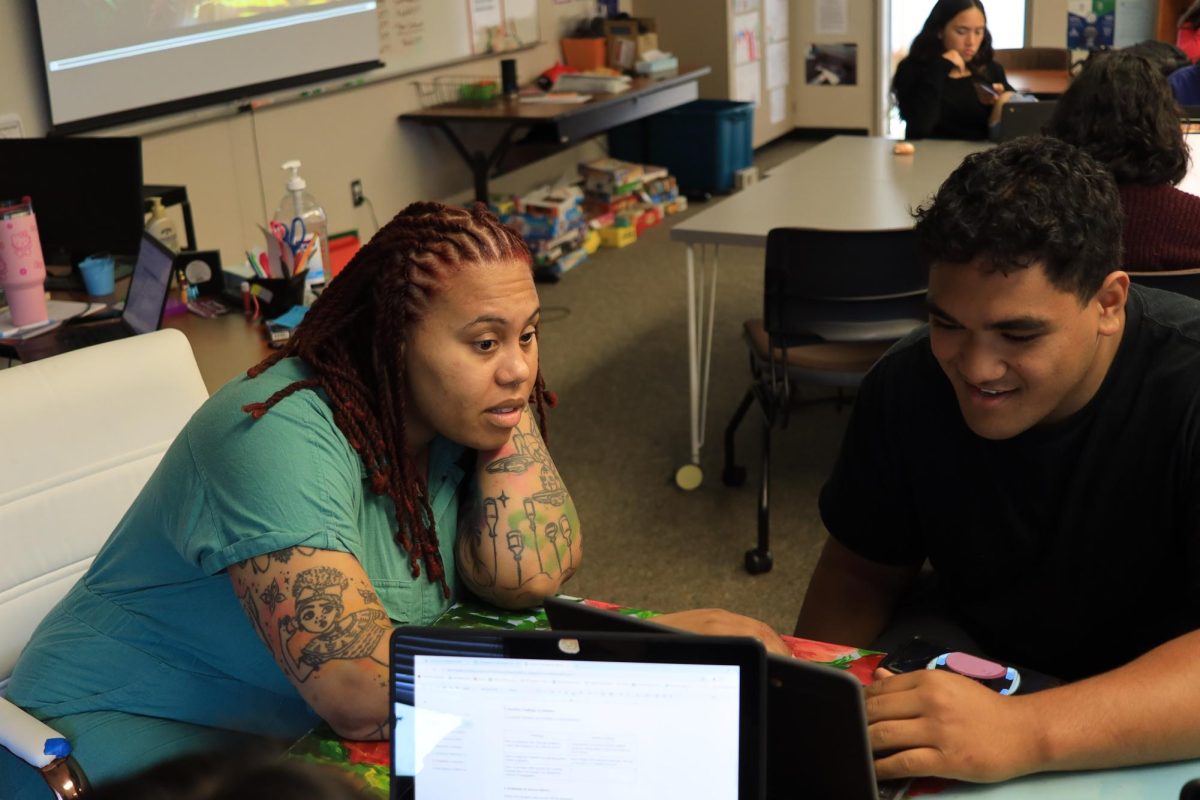by Shalaka Gole, staff writer
A single marital conflict can turn a living room into a battlefield, with verbal ammunition flying from either side. Caught in this hostile air, children can become the innocent victims, trapped in the middle.
For some families, one argument can turn into many arguments, and sometimes this results in divorce.
Legally, divorce means the splitting up of a couple’s possessions, and custody of the children. But realistically, divorce has a much more far-reaching effect, especially on children.
Children and teens that endure a divorce experience psychological effects such as self-blame, depression, and anxiety.
Although these results are not always applicable, in many cases divorce can have a very negative effect on a teen’s life.
“The biggest thing is that kids tend to blame themselves for what happened,” said psychology teacher Brandon Quick.
Younger adolescents can become withdrawn, while others can act out, striving for adult attention. Divorce can also result in an estranged relationship with one parent, as experienced by junior Paige Simmons.
“I don’t see (my dad) as much anymore,” Paige said. “We don’t get along as much anymore.”
Living in separate households can also take a toll on a child’s performance in school.
“It’s hard to stay on top of their schoolwo+rk when they go back and forth,” said school counselor Cheryl Youngberg.
She explained that keeping up with school while living in two different places requires a level of organization that not every kid has.
“Sometimes, I envy them,” said sophomore Melody Hsia of her friends’ orderly houses and seemingly easier situations.
Besides the obvious physical inconveniences of living in two different places, children don’t have a strong, healthy relationship at home to emulate.
“They see the fighting, and think that fighting is normal,” said Quick.
Watching a marriage break up can also have a negative effect on the children’s own relationships.
“I sometimes have trust issues with boyfriends,” said Paige. “My parents don’t really trust people as much anymore.”
She believes that she gets this trait from her mom, who has developed this because of the divorce.
Although divorce affects all children, teens seem to show much more understanding of the situation.
Paige, whose parents divorced when she was 16, said that she would rather have her parents be happy than stay together.
But Melody remembers crying all day when she found out as an eight year old.
Melody still wishes her parents were together. She also feels like she is missing something when she is with just one parent.
“They both can’t supply the same things,” she said. “It still leaves a hole somewhere.”
But the good news is, teens can work through a negative experience like divorce and emerge stronger and smarter.
Senior Terence Gieg has found that he can learn from his parent’s mistakes.
“If I do get married, I’ll be with them for a long time before,” Terence said. “Because I know it doesn’t always work out.”
He has seen that people can change, and sometimes aren’t meant to be together, and he will make sure that the relationship is right before moving forward.
Positive experiences can also come out of divorce, including strengthened relationships.
“I’ve gotten closer to my sister and my mom,” said Paige.
Teens and children can help themselves move past a divorce by simply talking to someone, according to school counselor Liz Oliver.
“My friends have always been there for me,” said Paige.
She found that turning to her friends when she needed them helped her through her difficult time.
Quick recommends finding someone you can talk to and rely on. He believes that as long as there is some social support network, children will not experience the worst consequences of divorce.
Terence believes time is the best cure for the sadness of divorce.
“Don’t try to change anything,” said Terence. “Your situation will get better.”




